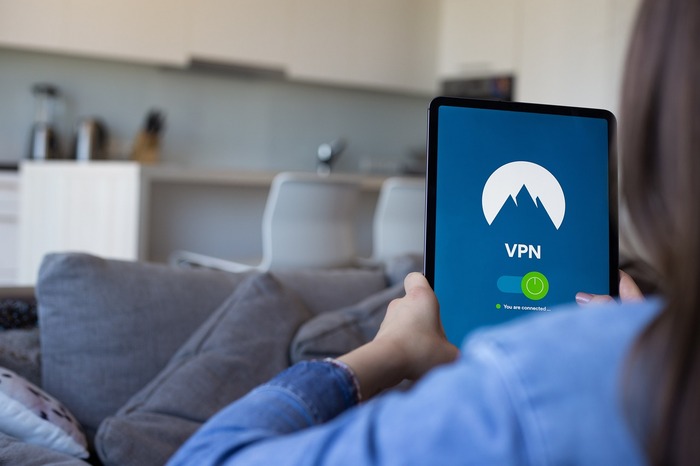Online security is more important than ever before. As we conduct more of our daily lives through the internet – shopping, banking, communicating – we leave behind trails of personal data.
Without proper online privacy measures, that data is vulnerable to hackers, government surveillance, and advertisers. One of the best tools to protect your privacy in 2025 is a virtual private network (VPN).
What is a VPN and How Does it Work?
A VPN creates an encrypted tunnel between your device and the internet. When you connect to a website through a VPN, your traffic is routed through a remote server run by the VPN provider. This hides your IP address so the sites you visit can’t see your actual location or identity.
It also encrypts all the data passed between your device and the VPN server, protecting you from snooping or data collection. Essentially, a VPN anonymizes your online activity and secures your connection on public Wi-Fi networks.
Some of the top VPN providers today include NordVPN, ExpressVPN, Surfshark, and CyberGhost. The VPN experts at Cybernews have created a detailed NordVPN review that is well worth checking out.
Why You Need a VPN in 2025
There are a few key reasons why a VPN will be an essential online privacy tool over the next few years:
1. ISP Tracking and Selling Your Data
Internet service providers can see all your internet activity by default. They monitor the sites you visit and apps you use, and many sell that valuable consumer data. A VPN routes all your traffic through an encrypted tunnel, hiding your browsing history from your ISP’s prying eyes.
2. Public Wi-Fi Security
Free public Wi-Fi is convenient but often unsafe. Hackers can intercept communications and steal data on open networks. A VPN secures your connection on public hotspots, keeping hackers out.
3. Government Surveillance Concerns
Governments are expanding internet surveillance programs in the name of national security. A VPN prevents your ISP or the government from monitoring your activity and collecting your personal information.
4. Accessing Restricted Content
Some content on the internet is limited by geographic region. For example, streaming services like Netflix have different libraries in different countries. A VPN lets you mask your real location and access region-restricted content.
5. Identity Theft and Fraud
Your online identities and accounts are only as secure as your internet connection. A VPN provides an encrypted tunnel that safeguards your sensitive login details and personal information from data breaches.
Features to Look for in a VPN
With cybersecurity threats only increasing, it’s essential to choose the right VPN for protecting your privacy. Here are some key features to consider:
- Strong encryption – Look for AES-256 bit encryption or higher to secure your connection.
- No logging policy – Verify that the VPN does not log or store your online activity and data.
- Kill switch – This will shut off your internet if the VPN connection drops, preventing data leaks.
- Multi-platform support – Make sure the VPN has apps to cover all your devices.
- Fast speeds – Select a provider with servers worldwide for fast, reliable speeds.
- Reliable customer service – Pick a VPN with responsive and knowledgeable 24/7 support.
Stay Private and Secure
As our digital lives expand across countless devices and networks, personal data protection is paramount. Investing in a premium VPN service can help safeguard your privacy from a variety of threats – from cybercriminals to overreaching surveillance. Take control of your online security today with a top-rated VPN for peace of mind in our connected world.
The post Is Your Data Safe? Why You Need a VPN in 2025 appeared first on About Chromebooks.

